An ever-increasing worry that many Americans (not just on the right) have is that the federal government keeps growing and getting more powerful. The result of this growth is the government’s direct interference in so much of our lives, and it’s pushing voters to turn away from the current ruling party in the upcoming midterm elections.
As of now, there is at least one case before the Supreme Court that could actually curtail the power of the executive branch, and the fine folks over at POLITICO are very worried about it.
The Supreme Court is expected to issue a ruling this month hobbling the Biden administration’s efforts to rein in greenhouse gases — but its impact could weaken Washington’s power to oversee wide swaths of American life well beyond climate change.
The upcoming decision on the Environmental Protection Agency’s climate oversight offers the conservative justices an opportunity to undermine federal regulations on a host of issues, from drug pricing and financial regulations to net neutrality. Critics of the EPA have clamored for the high court to do just that, by declaring it unlawful for federal agencies to make “major” decisions without clear authorization from Congress.
[…]
That has implications for other major rules that President Joe Biden’s agencies are writing or defending in court, including wetlands protections, limits on car and truck pollution, insurance coverage for birth control under Obamacare, and even the Trump administration’s attempts to lower drug prices.
“A narrow reading of what the federal agencies can do is going to literally handcuff the federal government from taking action to protect Americans’ health safety and the environment,” said Lawrence Gostin, a public health law professor at Georgetown University.
The case before the Supreme Court currently, West Virginia v. Environmental Protection Agency, concerns the EPA’s sweeping “clean air” rules to regulate carbon emissions out of existence via strenuous regulations on the U.S. economy. Seemingly every level of the judicial branch has questioned whether a non-legislative body like the EPA is capable of legislative-type actions, and a ruling against the EPA in this case could legitimize those concerns into a Constitutional backlash against the forces of big government.
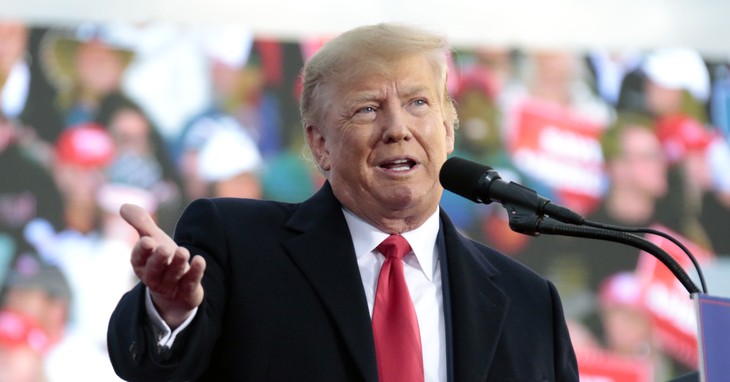
This frightened little story is actually good news, not the bad news they want to portray it as. The federal government (and the executive branch in particular) being less powerful means that the system of checks and balances can begin to heal. Maybe, just maybe, there can finally be some limits to government overreach and abuse.
It has always perplexed me that the government losing power is frightening to the very same people who were terrified of Donald Trump being in control of it. If it’s possible for one man to abuse the government to the point that there is worry he can overturn democracy itself, then maybe that position of power should have less power.
But, of course, we’re referring to the government’s ability to regulate in the name of fighting climate change, which is clearly a good thing to expand the executive’s power for. As long as it’s for a good cause, right?
POLITICO laments the reining in of Washington’s ability to “oversee wide swaths of American life,” something that was never the intention of the United States government at its inception. The federal government was designed in the Constitution to have certain barebones powers, delegate the rest of governance to the states, and maintain the individual rights and liberties of Americans. At no point did the Founders envision an American government that would oversee (and over-regulate) American life. That idea flies in the face of the ideas they put forward.
The legislative branch has spent far too long letting its power to legislate get co-opted by the executive branch. This is the perfect opportunity for Congress to take its power back – responsibly – and start holding the executive branch accountable. Of course, that would require capable leadership in the House and Senate.
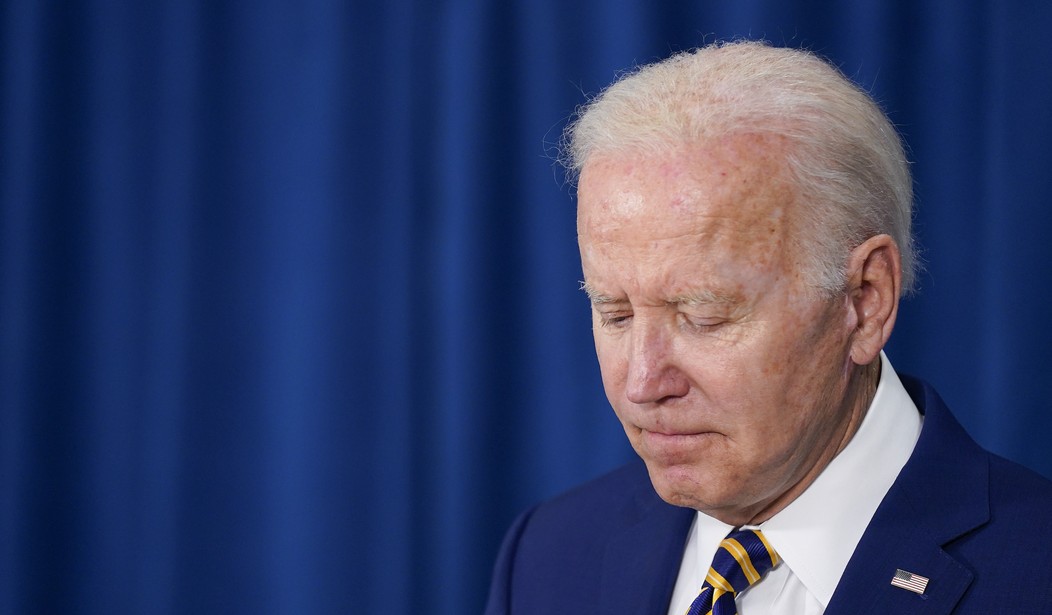
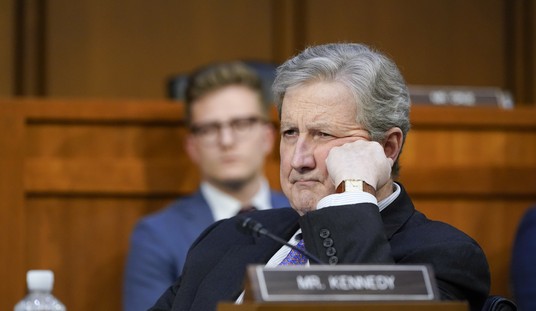



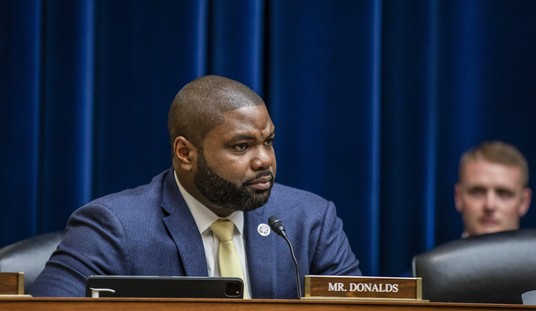
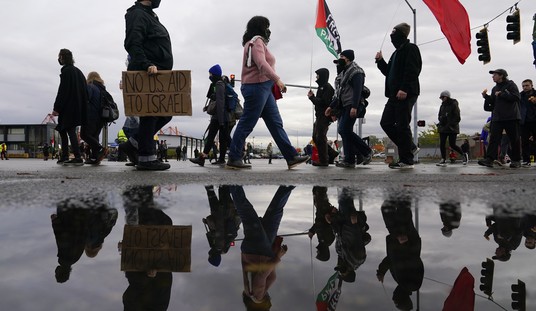

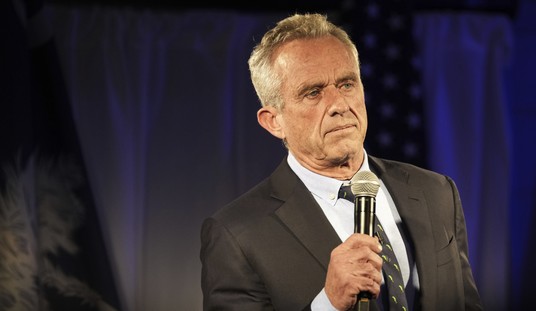



Join the conversation as a VIP Member